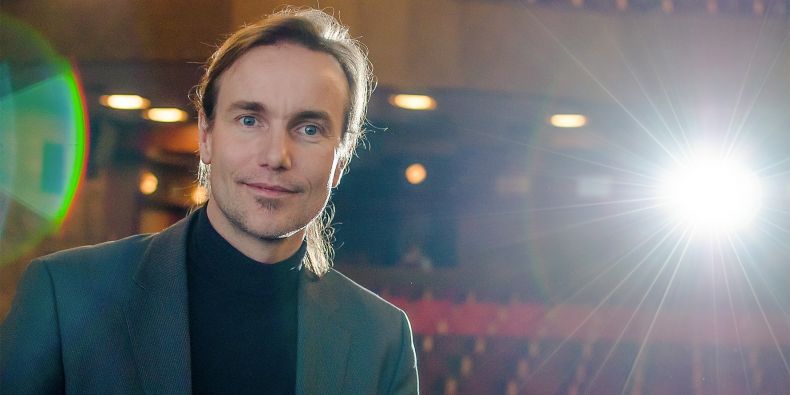A lot of hope is pinned on using social media as a way to re-engage young people with politics – and this hope is largely misplaced. This is the gist of the speech given by Jörg Matthes from the Department of Communication, University of Vienna at the Cyberspace conference organized by the Masaryk University Faculty of Law, where he also presented the results of his research on political engagement.
Can you see any differences in political engagement today and in the past?
A lot of hope is pinned on using social media as a way to re-engage young people with politics – and this hope is largely misplaced. This is the gist of the speech given by Jörg Matthes from the Department of Communication, University of Vienna at the Cyberspace conference organized by the Masaryk University Faculty of Law, where he also presented the results of his research on political engagement.
Certainly. Looking at the past 50 years, the change is enormous. People in democratic countries are less and less interested in politics and are not engaged in civic life. The polls are a good example: the difference in participation today and fifty years ago is striking. People simply do not feel the need to vote for any given party, because they do not think it will make a difference. However, the biggest difference can be found in political engagement of young people – potential voters, who are increasingly out of reach of political information and increasingly distanced from political issues facing their countries.
And do you think that social media could prove to be an important tool for increasing political engagement?
The idea that social media could serve as a means of uniting people – especially young people – and re-engaging them with politics has its merits. Today, traditional media channels such as newspapers are less popular among the young, which leaves social media as almost the only channel that can connect them with politics. From this point of view, it is logical that high hopes are pinned on social media, in the sense that it could work against the ‘civic disengagement’ trend. Social media can connect you with others and give everyone an opportunity to make their opinion known and their voice heard. One could go as far as to say that it gives certain power to ordinary people and strengthens their role in a democratic system.
But is this really happening or is it just wishful thinking?
In my opinion, all these optimistic predictions – whether made in scholarly literature or in public discussion – are a bit too rash. From what we found in our own research, the primary purpose of social media is not to give information on politics or anything else, but to entertain. By definition, entertainment is a distraction, but political information is something you need to focus on. That is one thing. Moreover, political information is often presented in social media very sketchily so that it can be easily understood. As a result, it is often oversimplified. And finally, being exposed to political information on Facebook does not mean you are engaged in politics. There are a number of conditions that need to be met before we can talk about political engagement. All this makes me feel that the hopes pinned on social media as a tool that will counter political disengagement are unreasonably high.
Would you say then that there are no good examples of using social media for political engagement?
No, that would be taking it too far. For example, young politicians targeting youth audiences in a number of European countries are proficient users of social media. They often use it as their only communication channel – and to a great success. On the other hand, long-established European political parties mostly fail to seize the opportunities and potential offered by social media and only recently started using it at all. It is a common practice in the US, but at the ‘old continent’ it is very much in its infancy.
Do you think that the success of some politicians can be attributed to their use of social media? Or would they succeed even in a Facebook-free era?
Building a network of supporters and communicating is much easier online than offline. If you need to gather two hundred people and give them consistent and updated information or induce them to do something, you have a much easier job if you can do it online. Imagine, for example, trying to find someone that you went to school with a long time ago. To find him offline is often very difficult or even impossible. Using social media, it will only take you a while. The same principle can work for politics.
Putting social media aside, how else can you get young people interested in politics?
Political interest of young people must be based on different premises than in the past. We have to keep pointing out to them that everything they do and every aspect of their lives is related to politics. They often think that politics is what the people ‘up there’ do and that it does not concern them. But that is a huge mistake. School curricula and education in general should teach young people that politics is all around us and any given problem of everyday life is also a political issue, whether it is smoking in restaurants, healthcare, taxes or civil rights. People often say that they care about their own lives and have no interest in politics, but these two things are inseparable.
